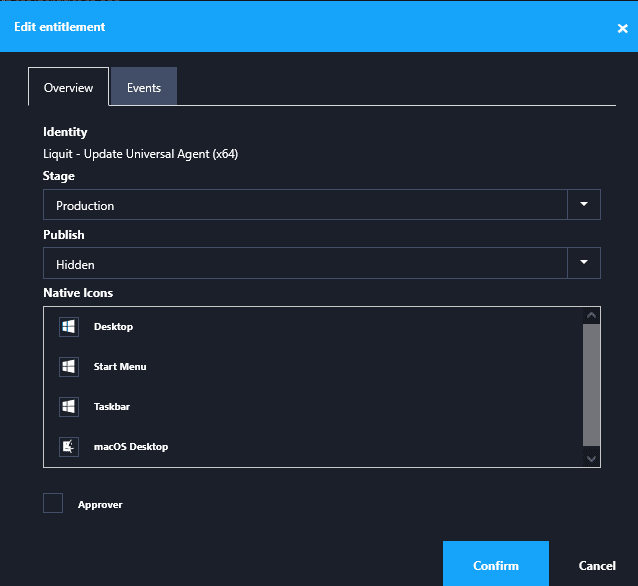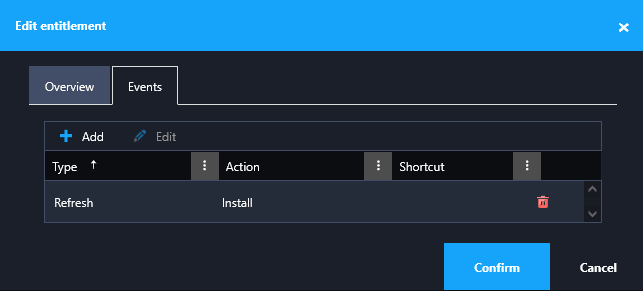This is a guest post by Paul de Jongh, Netflex (Partner)
Updating the Application Workspace Universal Agent (formerly Liquit Universal Agent) shouldn’t disrupt your users—or your schedule. By tying updates to routine Application Workspace Logon or Workspace Refresh events, you keep every endpoint secure and compliant without lifting a finger.
Identify Outdated Application Workspace Universal Agents
Go to Devices. Then sort by the Agent version column to spot devices that still run an older build.
Choose a Targeting Method
Device Collections
- Static collections: Manually add a few test devices, attach the Application Workspace Agent package, and pick the trigger event. Drawback: You must open each device to confirm the new version, so tracking progress is slow.
- Dynamic collections: Build a filter such as Agent version < 4.23.x. Devices fall out of the collection once the agent updates, but the collection view still lacks last‑contact details.
Contexts (recommended)
Contexts are always dynamic and display rich device data—last contact, OS, and more—in a single view. Create a context that includes these filters:
- Agent type = Universal Agent
- Architecture = x64
- Agent version < 4.23.8104660 (update this number for each new release)
- Optional exclusions: Device role ≠ AVD, Citrix

Devices that no longer match the filter disappear automatically after their agent updates.
Entitle the Update
In the Packages tab of the context, add the Agent package from the Setup Store.

Hide the package from the user and keep it out of the Catalog; the event trigger handles installation.
In Events, select Refresh or Application Workspace Logon → Install.

Maintain the Context
Whenever a new agent version arrives in your Zone, edit the context filter with the new build number. The next Logon or Refresh will update every eligible device
Conclusion: Application Workspace Universal Agent Updated
Keeping the Application Workspace Universal Agent current is low‑effort but high‑impact. By pairing dynamic contexts with event‑based deployment, you guarantee every endpoint runs the latest code without disrupting users. The payoff: stronger security, fewer help‑desk tickets, and more time for strategic work.



